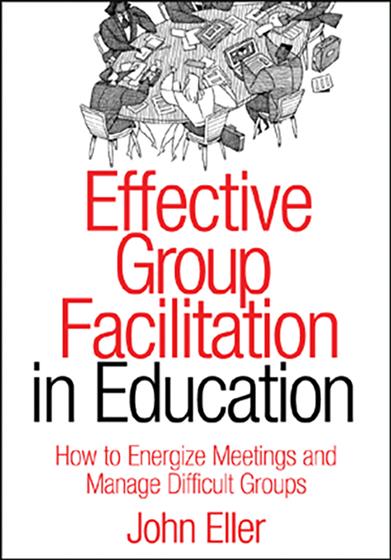Hands-on, Practical Guidance for Educators
From math,
literacy, equity, multilingual learners, and SEL, to assessment, school counseling,
and education leadership, our books are research-based and authored by experts
on topics most relevant to what educators are facing today.

Bestseller!
Effective Group Facilitation in Education
How to Energize Meetings and Manage Difficult Groups
By:
John F. Eller
Practical pointers for maximizing meetings and motivating team members!
From pre-meeting preparation, to a meeting's critical first few minutes, to its conclusion and beyond, this manual provides step-by-step guidance to help you shine through the entire facilitation process. It is packed with proven do's and don'ts for team building, brainstorming, motivating, overcoming problematic situations, reaching goals, and assessing results.
Special features include:
- Templates for easy implementation
- Straightforward tactics for managing difficult participants and emotionally charged situations
- Realistic examples
- Surefire methods for delegating in a meaningful and respectful manner
Product Details
- Grade Level: PreK-12
- ISBN: 9781412904629
- Published By: Corwin
- Year: 2004
- Page Count: 224
- Publication date: March 29, 2004
Review Copies
This book is not available as a review copy.


